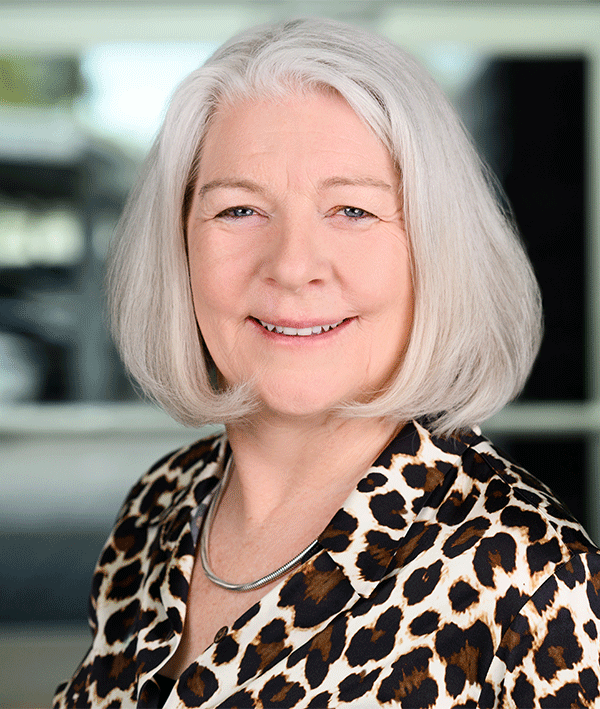TGen finds therapeutic targets for rare cancer in children
The first study of Ewing’s sarcoma that screened hundreds of genes based on how they affect cell growth has identified two potential anti-cancer drug targets, according to a scientific paper by the Translational Genomics Research Institute (TGen) published this month in the journal Molecular Cancer.
Ewing’s sarcomas are rare, but aggressive cancer lesions that occur most frequently in the bones of teenagers. They represent nearly 3 percent of all childhood cancers. Patients are treated with a combination of surgery, radiation and chemotherapy. This cancer can reoccur after surgical removal, and often spreads to the lungs, other bones and bone marrow. Once it spreads, or metastasizes, only 1 in 5 patients survive more than 5 years.
These lesions harbor unique chromosomal abnormalities that give rise to fusion genes that act as cancer-inducing proteins, or oncoproteins.
 From processing forensic evidence to exploring brain function, to studying GPS mapping, teachers will participate in a wide variety of hands-on workshops at the 4th Annual Arizona K-12 Science Teacher Symposium Saturday, September 25, 2010 from 8 a.m. to 5 p.m. The event is presented by The University of Arizona’s BIO5 Institute, and takes place on the UA campus in the Thomas W. Keating Bioresearch Building, 1657 E. Helen St.
From processing forensic evidence to exploring brain function, to studying GPS mapping, teachers will participate in a wide variety of hands-on workshops at the 4th Annual Arizona K-12 Science Teacher Symposium Saturday, September 25, 2010 from 8 a.m. to 5 p.m. The event is presented by The University of Arizona’s BIO5 Institute, and takes place on the UA campus in the Thomas W. Keating Bioresearch Building, 1657 E. Helen St.


